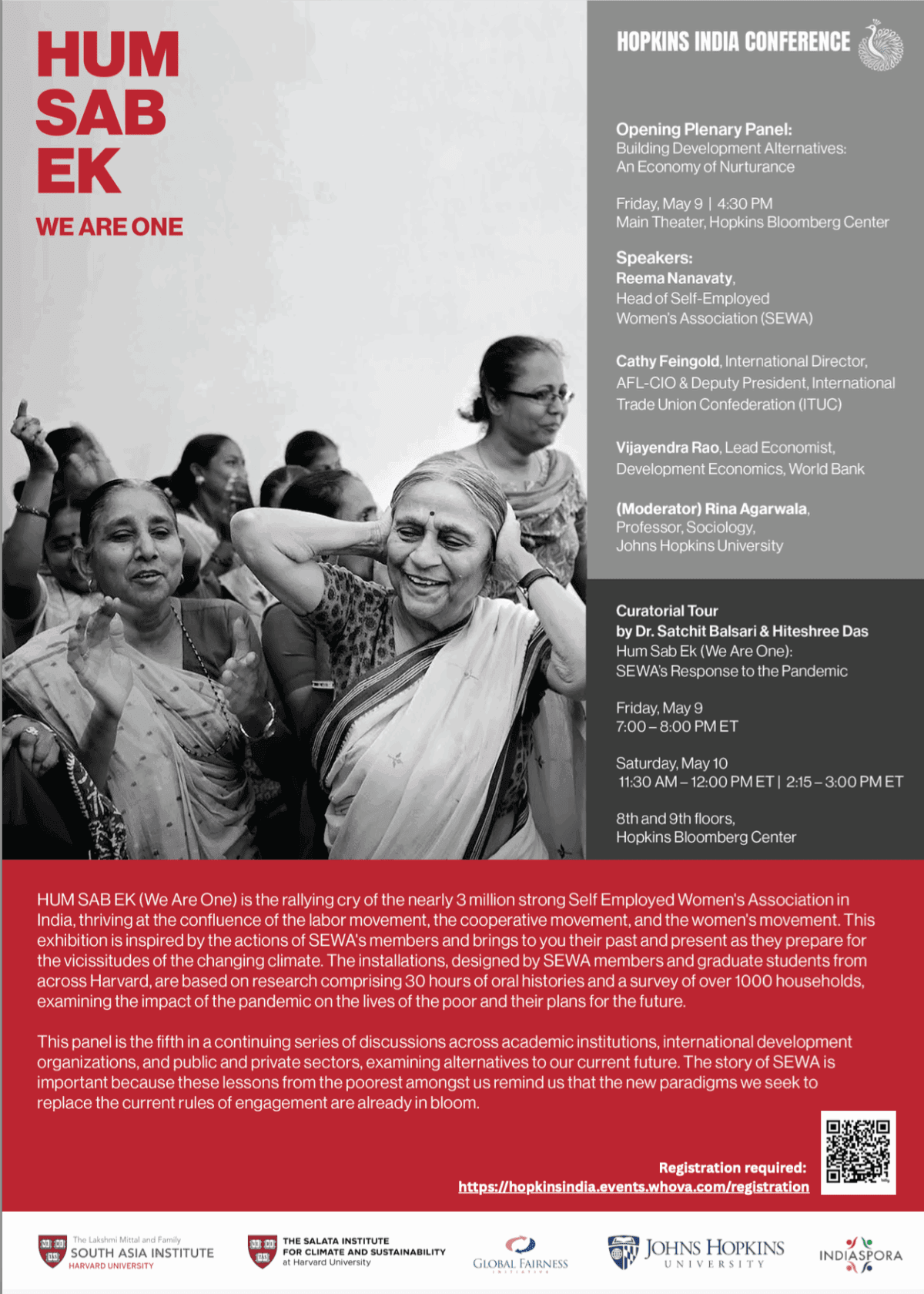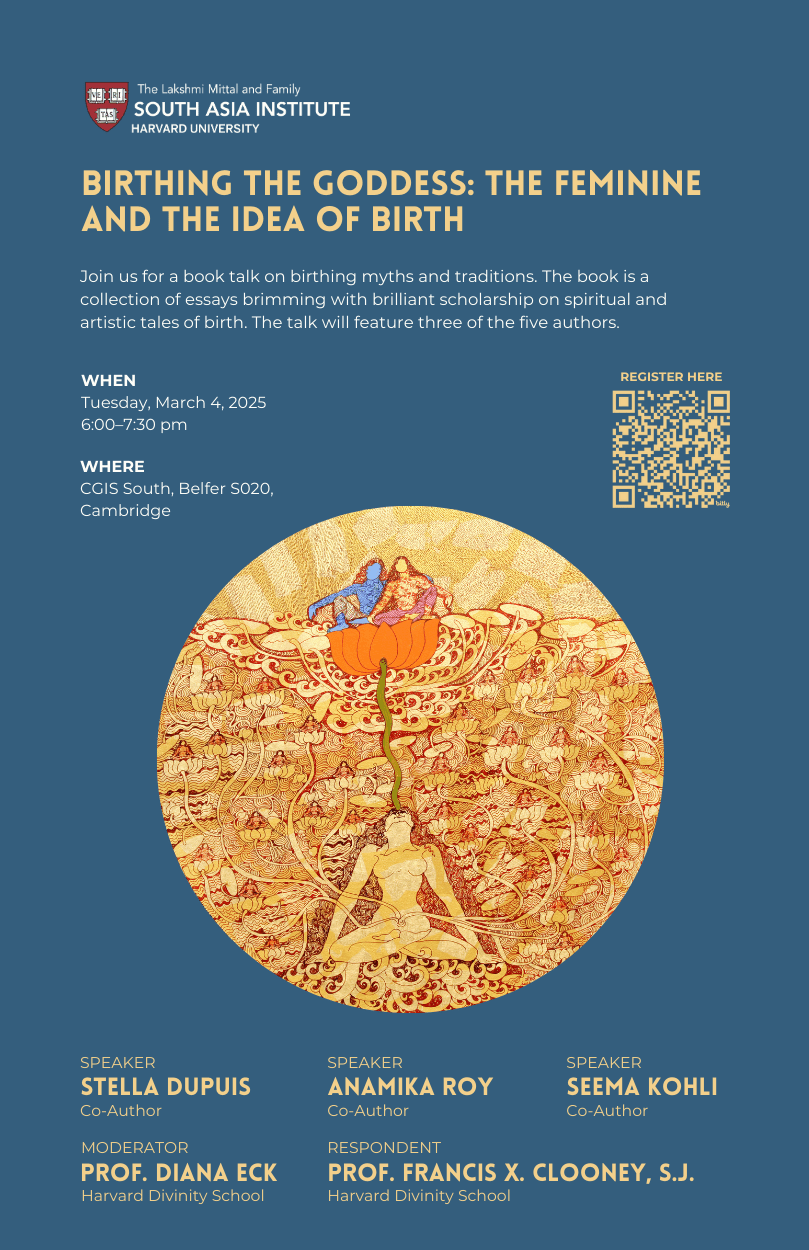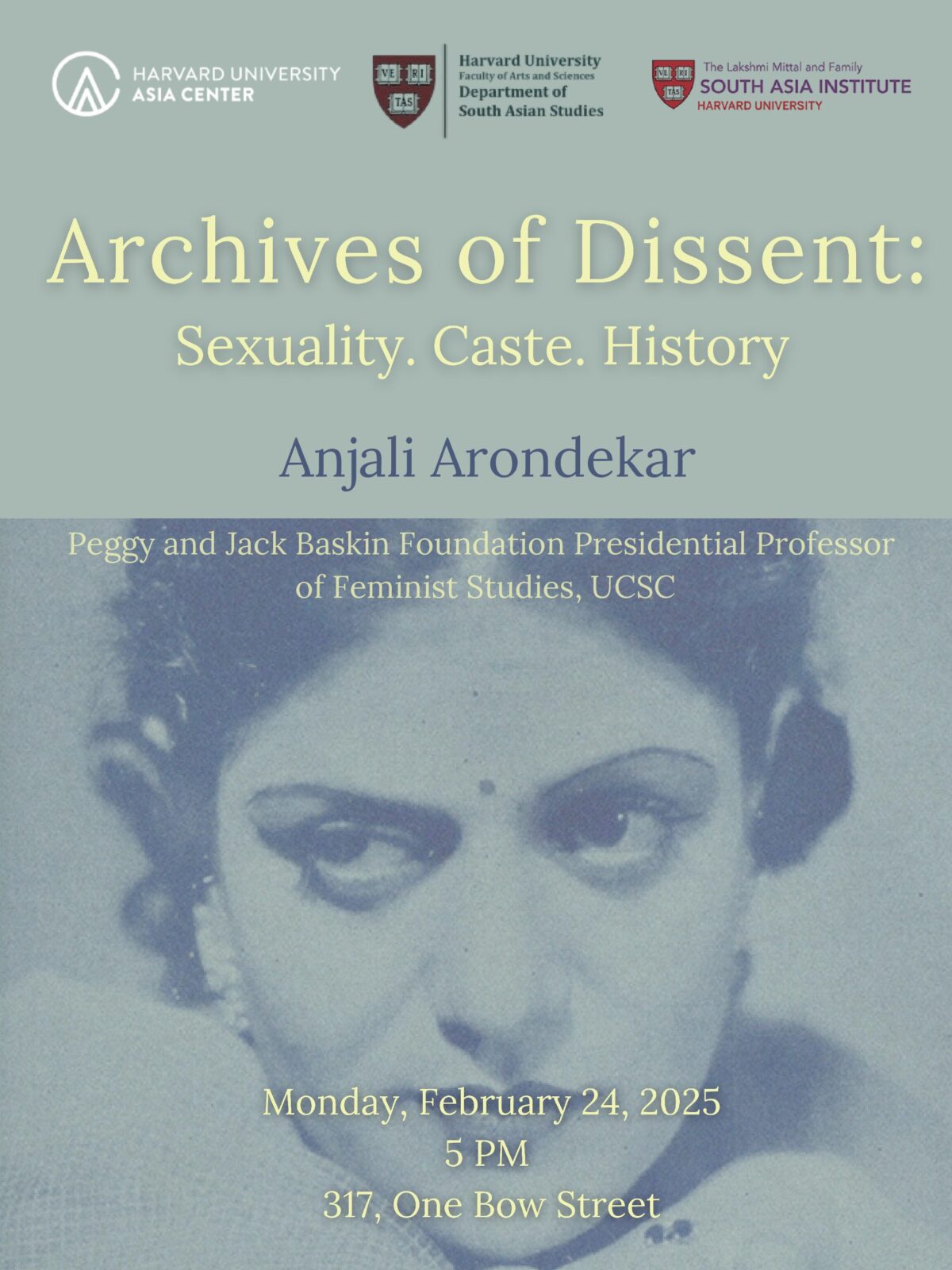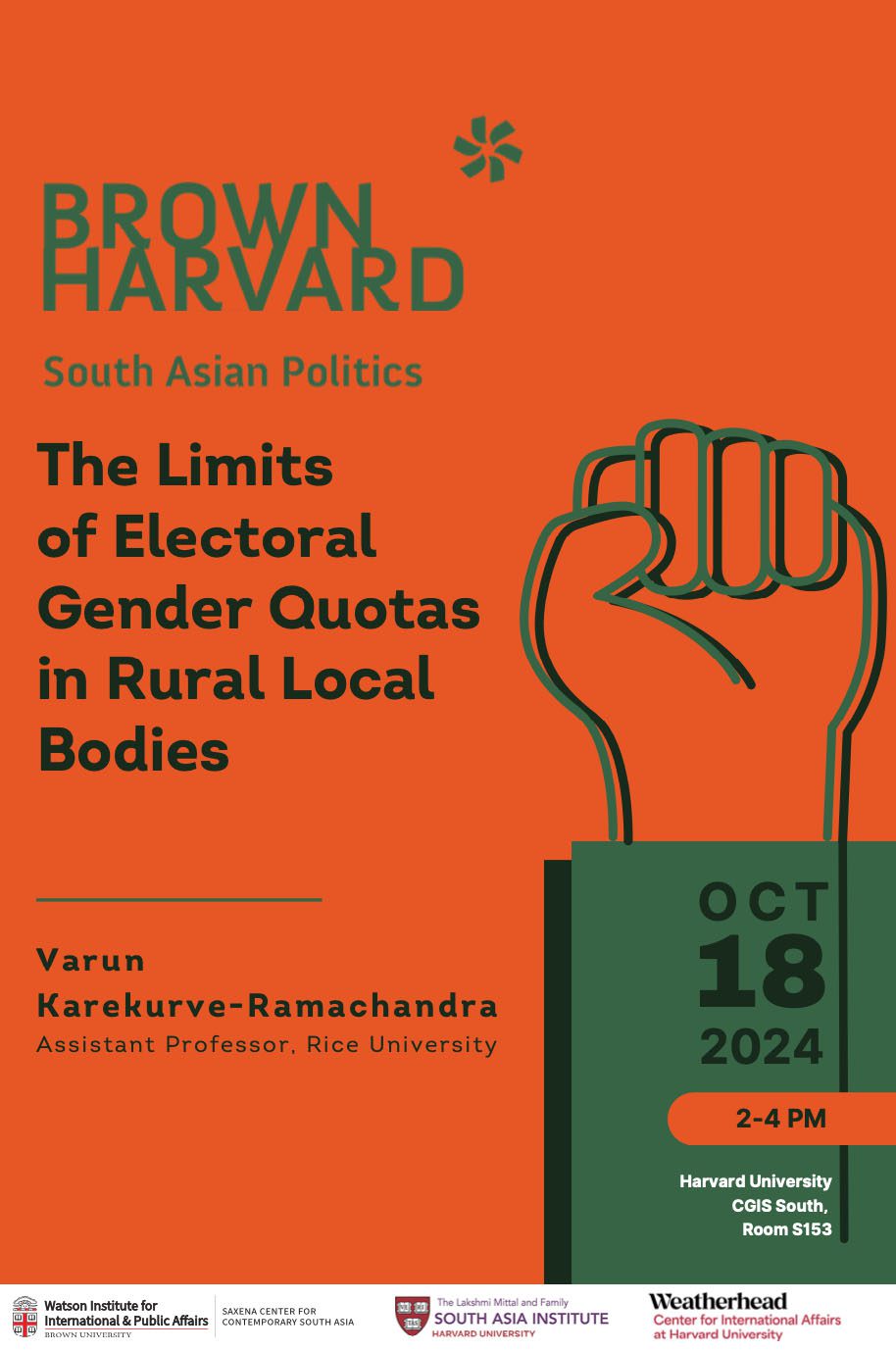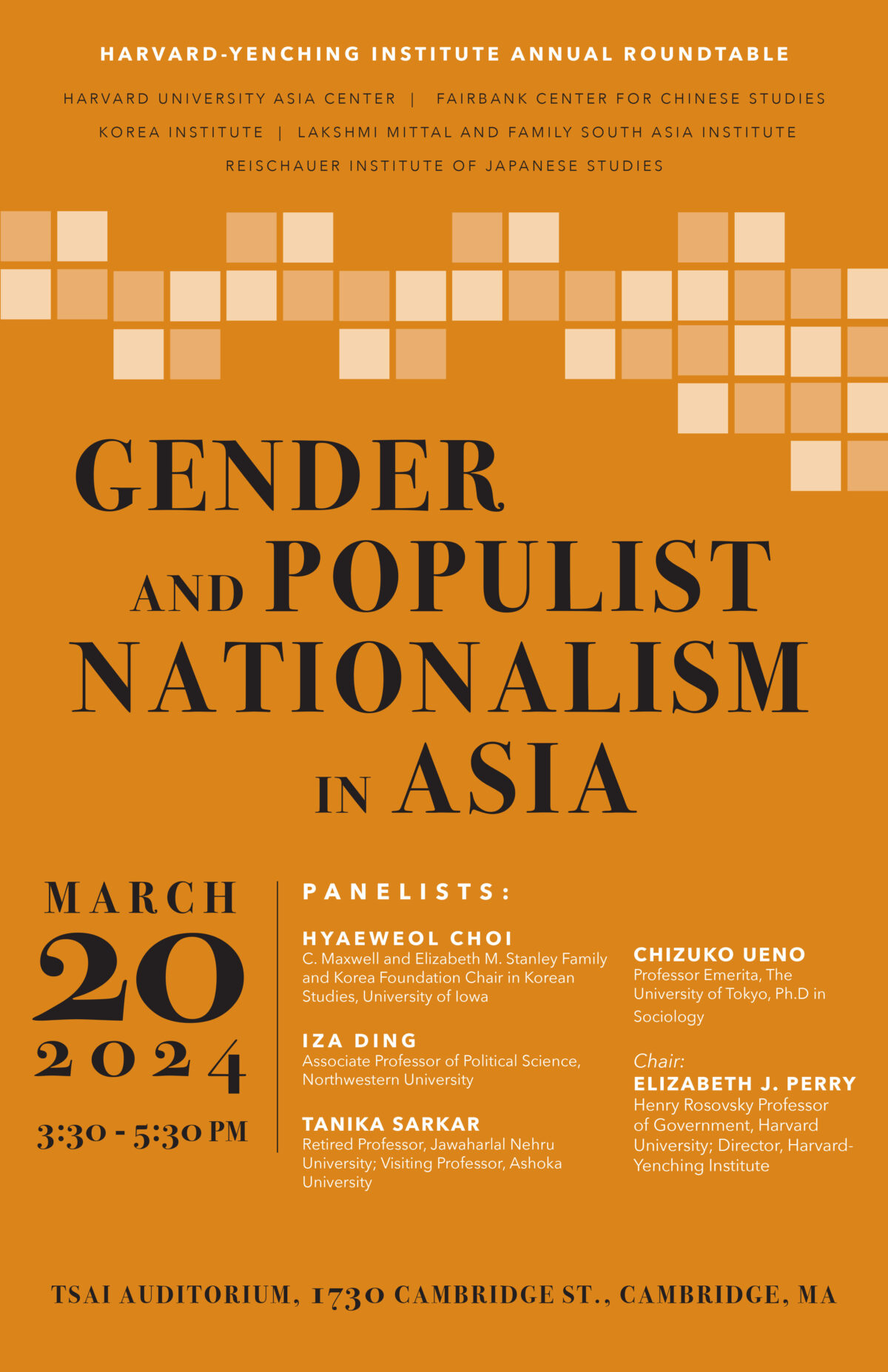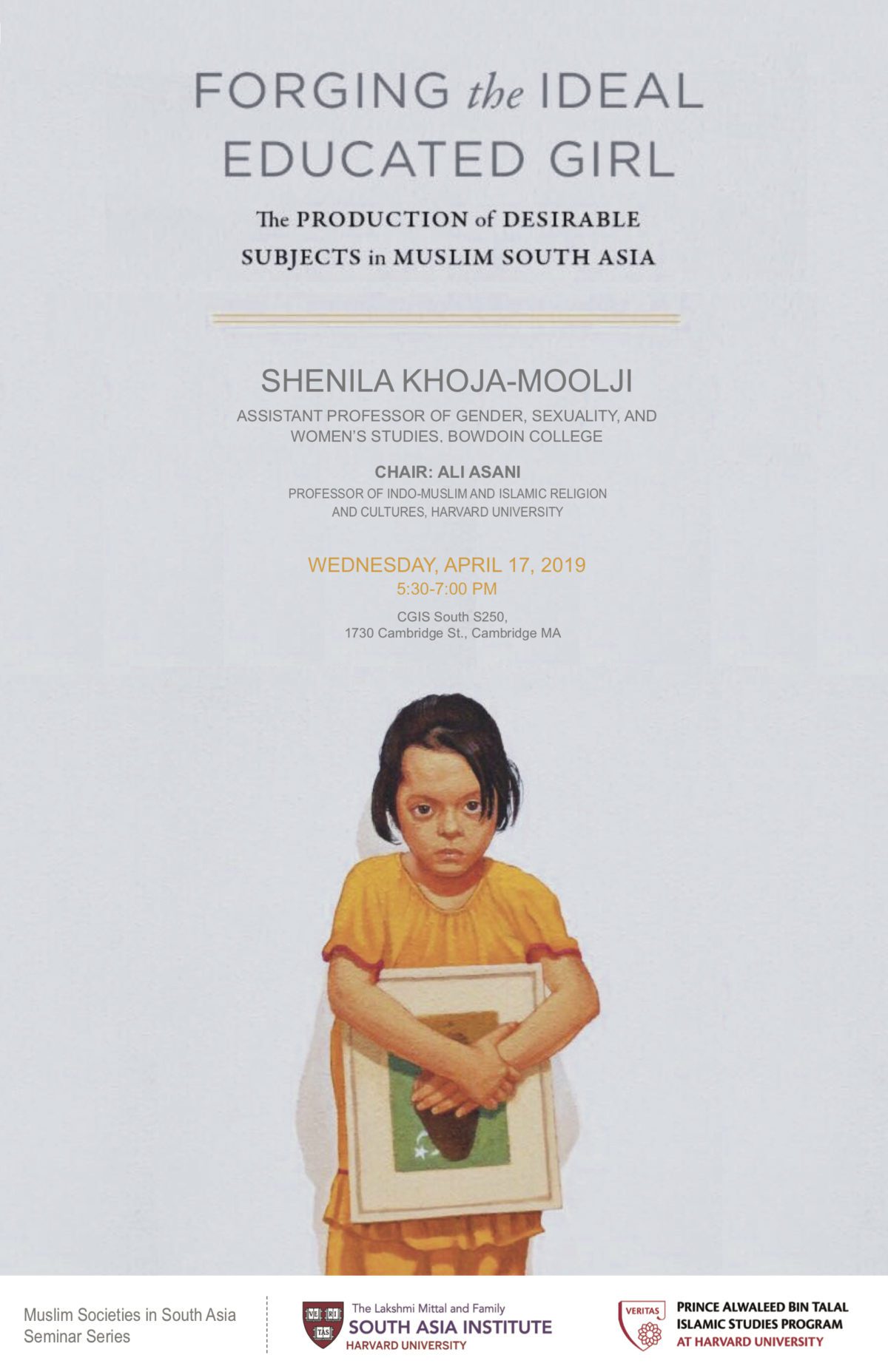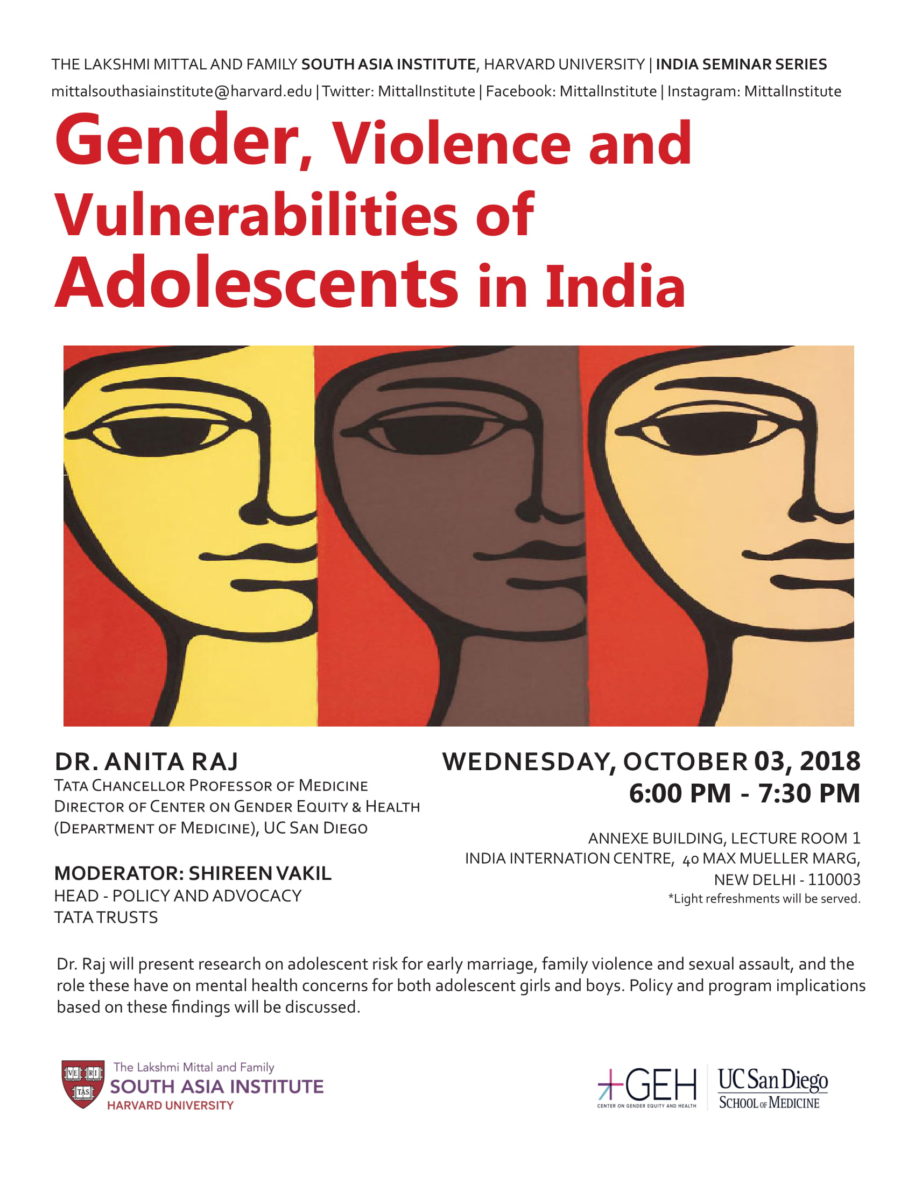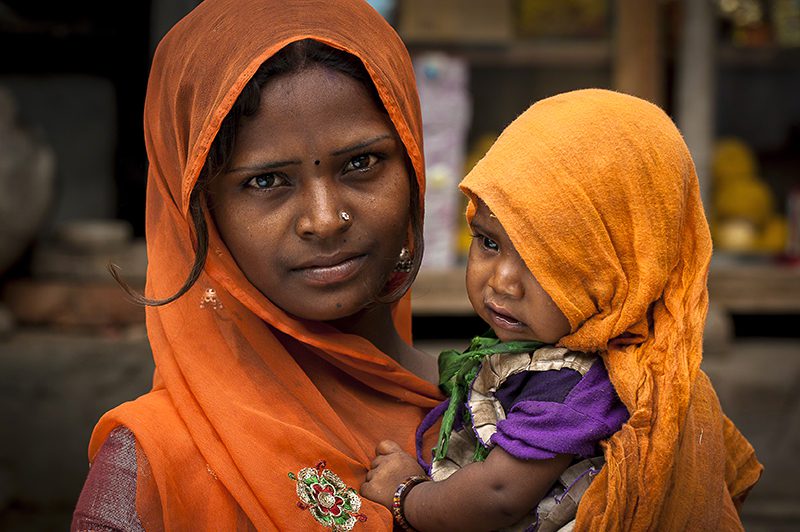WHEN
Fri, May 9, 2025 at 04:30pm, ET — Sat, May 10, 2025 at 03:00pm, ET
VENUE
Main Theater, Hopkins Bloomberg Center
HUM SAB EK (We Are One) will stop in Washington, DC, for a panel and curatorial tours. It will be the fifth in a continuing series of discussions across academic institutions, international development organizations, and public and private sectors, examining alternatives to our current future.
More InfoWHEN
Tue, Mar 4, 2025 from 06:00pm — 07:30pm, ET
Join us for a book talk with three of the five authors of ‘Birthing the Goddess: The Feminine and the Idea of Birth’: Stella Dupuis, Anamika Roy, and Seema Kohli.
More InfoWHEN
Mon, Feb 24, 2025 from 05:00pm — 06:15pm, ET
Suturing histories of caste and sexuality to archives of dissent in South Asia, this talk by Prof. Anjali Arondekar rearranges the grammar of our ethical engagements with the past and present.
More InfoWHEN
Fri, Oct 18, 2024 from 02:00pm — 04:00pm, ET
Join us for a Brown-Harvard Joint Seminar on South Asian Politics with Varun Karekurve-Ramachandra, Assistant Professor of Political Science and International Relations at the University of Southern California.
More InfoWHEN
Wed, Mar 20, 2024 from 03:30pm — 05:30pm, ET
VENUE
Tsai Auditorium, CGIS South
This interdisciplinary roundtable brings together distinguished scholars of India, China, Japan and Korea to consider the central role of gender in the popular nationalist movements of these countries.
More InfoWHEN
Tue, Jan 14, 2020 from 03:00pm — 06:00pm, ET
VENUE
KC College Auditorium, Churchgate, Mumbai, India
Jacqueline Bhabha (Professor, Harvard TH Chan School of Public Health) will be in conversation with Neha J Hiranandani to discuss her book Girl Power: Indian Women Who Broke the Rules. The discussion will focus on the challenges young women still face when it comes to access to education and health while negotiating with the societal expectations. […]
More InfoWHEN
Wed, Apr 24, 2019 from 06:00pm — 07:30pm, ET
COST Free
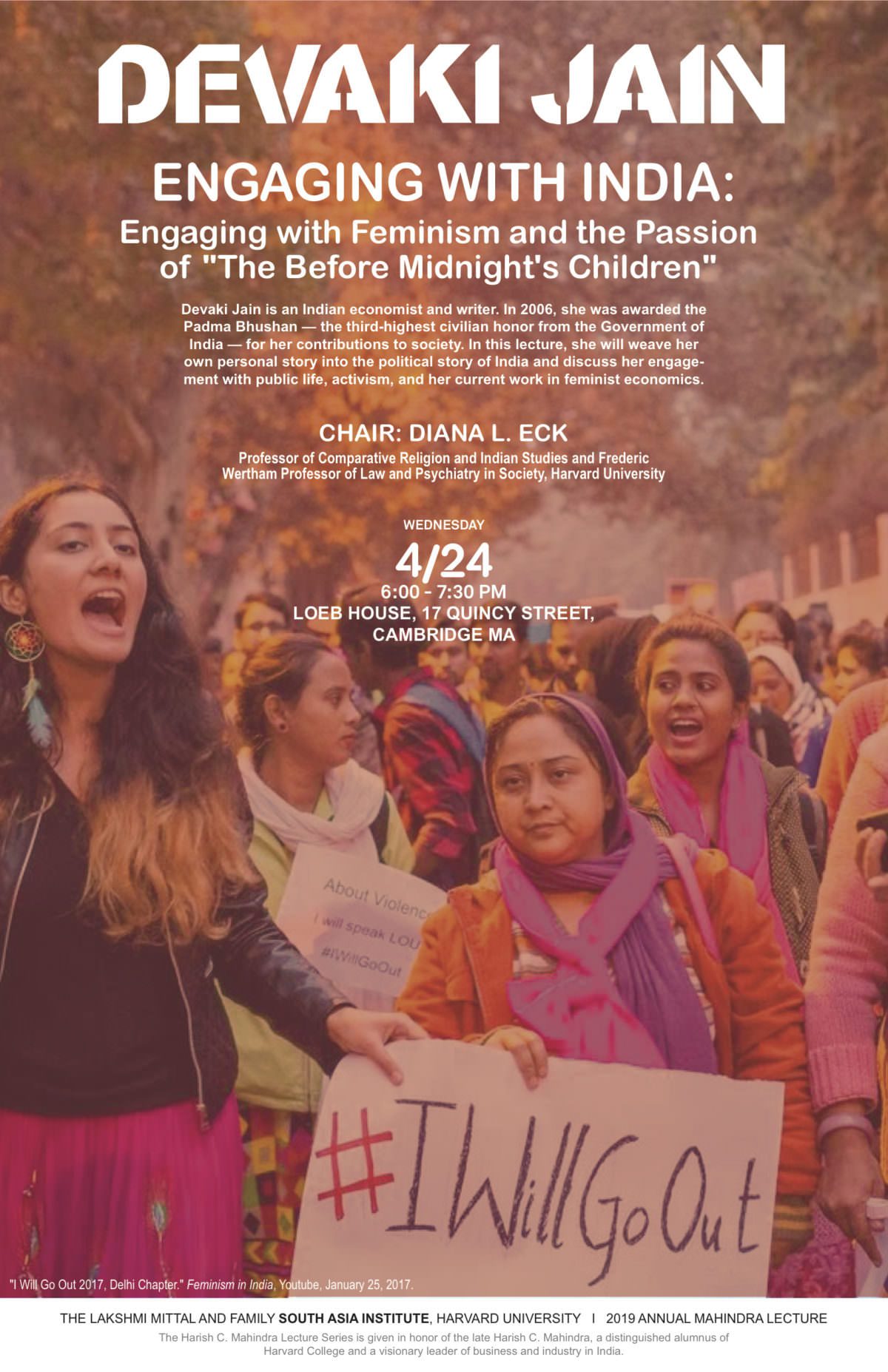
Engaging with India: Engaging with Feminism and the Passion of “The Before Midnight’s Children”
Speaker: Devaki Jain, Economist, Writer, and Recipient of the Padma Bhushan Award
The Harish C. Mahindra Lecture Series is given in honor of the late Harish C. Mahindra, a distinguished alumnus of Harvard College and a visionary leader of business and industry in India. The lecture is an important component in continuing the education and understanding of the challenges facing South Asia, and provides an ideal forum for the next generation of global leadership.
This year, Devaki Jain will be giving the Mahindra Lecture. Devaki Jain is an Indian economist and writer who has made significant contributions to feminist economics, social justice, and women’s empowerment in India. In 2006, she was awarded the Padma Bhushan — the third-highest civilian honor from the Government of India — for her contributions to society. In this lecture, she will weave her own personal story into the political story of India and discuss her engagement with public life, activism, and her current work in feminist economics.
A reception will follow the lecture. This event is free and open to the public.
More InfoWHEN
Wed, Apr 17, 2019 from 05:30pm — 07:00pm, ET
Dr. Shenila Khoja-Moolji is Assistant Professor of Gender, Sexuality, and Women’s Studies at Bowdoin College. Her work examines the interplay of gender, race, religion, and power in transnational contexts, particularly in relation to Muslim populations. Dr. Khoja-Moolji is the author of Forging the Ideal Educated Girl: The Production of Desirable Subjects in Muslim South Asia. […]
More InfoWHEN
Wed, Oct 3, 2018 from 06:00pm — 07:30pm, ET
As part of our ongoing India Seminar Series, we are partnering with the Center on Gender Equity and Health, UC San Diego for a talk titled, ‘Gender, Violence and Vulnerabilities of Adolescents in India’ by Dr. Anita Raj, Tata Chancellor Professor of Medicine, Director of Center on Gender Equity & Health (Department of Medicine), UC […]
More InfoWHEN
Fri, Sep 22, 2017 from 12:00pm — 01:00pm, ET
A Lunchtime Talk with Mubasher Hussain, ILSP: SHARIAsource Visiting Fellow, Fulbright Scholar
More InfoA one day seminar to explore new developments in curriculum development and implementation by state, civil, and the academic community. Participation by invitation only. Hosted by Harvard South Asia Institute Gender Violence Project, FXB Center for Health and Human Rights, Harvard University and Population Foundation of India. More about the Harvard Gender Violence Project.
More Info